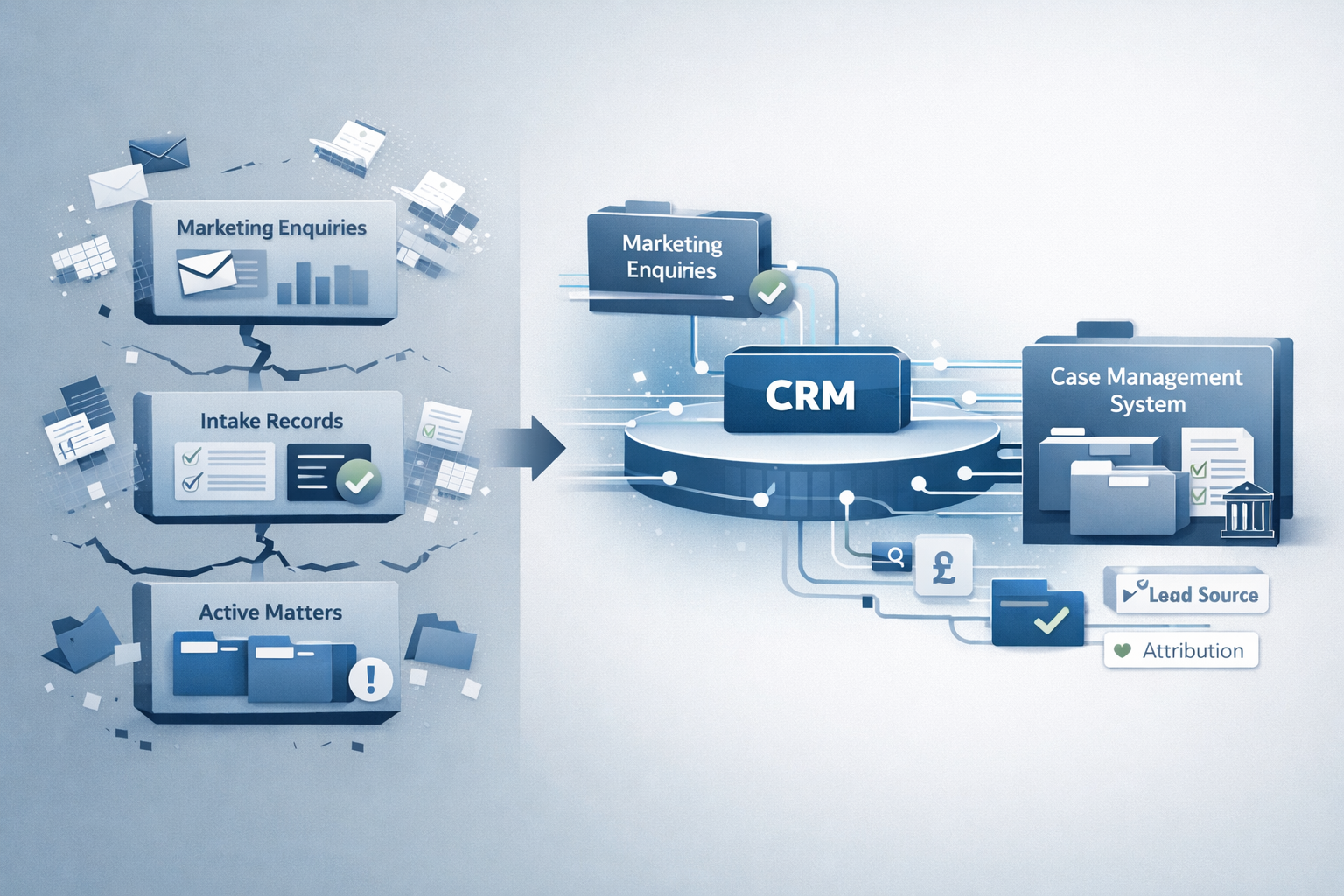Is this the way the cookie crumbles?

You’ve probably heard the news: Google is no longer supporting third-party cookies in 2022. This one piece of information (which we’ve actually had for quite a while) has been setting the digital world abuzz of late.
However, in a recent update, Google has announced that they will be focusing on guiding the web community toward ‘more private approaches’ to things like performance measurement, delivering relevant ads and content and fraud detection. They’ve advised that this will be their priority through the next year; only being in a position to end support fully sometime around mid-2023.
Read more: What’s next for digital in 2021?
Why is this happening?
Across the globe, there has been a greater focus on consumer privacy, transparency and control. With the introduction of GDPR and the conversations that have ensued, the removal of third-party cookies was an inevitable move. In fact, browsers like Safari and Firefox have already ceased their support for this type of tracking.
But why the delay?
Google’s initial plan of a hard deadline in 2022 meant some third-party applications may not have had the support or infrastructure to adapt and could have found themselves out of luck. When it was first announced, there was significant speculation about whether or not this move would enable Google to further their grasp on the digital world enough to create a monopoly.
Since that time, Google has spoken to the UK’s Competition and Markets Authority, indicating that there may have been some weight to those theories. Now, instead of a hard 2022 launch that could have left third-party developers in the lurch, Google will be using a different tactic.
Throughout 2022, they will be working with developers to create a new, privacy-focused method of tracking, measuring and monitoring. From there, Google will begin phasing out cookies over a 3-month period in mid-2023.
What does this mean for the digital world?
Despite early panic, Google is already working to ensure this doesn’t upend the whole digital advertising world. The new commitment to delay the end of third-party cookie support means that there is even less reason to worry.
Aside from that, it’s only third-party cookies that won’t be supported through Chrome (or Safari or Firefox). That means direct, first-party cookies that measure things like website performance were likely safe anyway. Third-party cookies are ones that are left by sites or programmes other than the one intentionally being visited. This includes cookies from places like social media platforms, advertisers and external measurement platforms.
Read more: Anything you can do, API can do better
What comes next?
What everyone wants to know now is: What’s next?
The most important thing to do is stay up to date and keep an eye out for tech news. The world of digital exists in a place of constant change and what is announced one day could be rescinded the next.
In the meantime, this isn’t at all bad news. On an individual level, it means more privacy and less concern about your personal data. It also means that tech giants like Google are having to innovate what digital advertising can look like. Already they are considering alternatives to cookies using privacy-preserving APIs and FLoC (Federated Learning of Cohorts), which tracks groups instead of individuals.
Are you looking at how your digital strategy may have to change in the upcoming year? Get in touch to make an impact with your digital needs.



